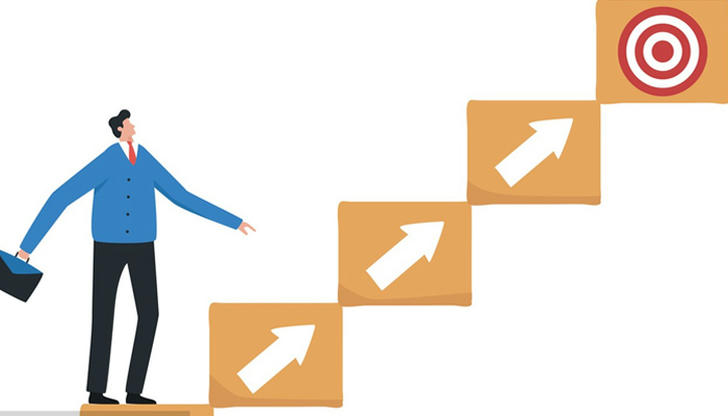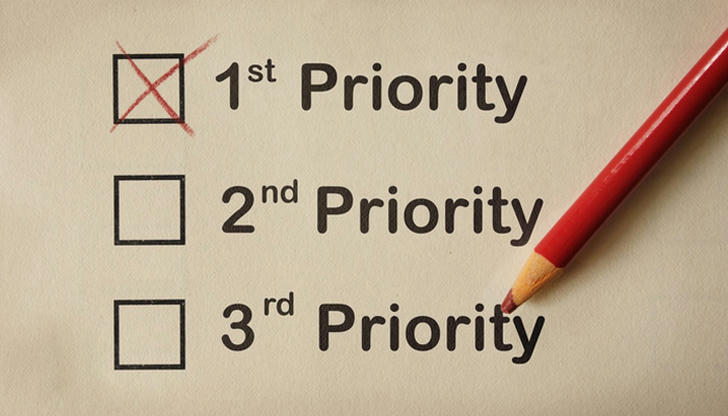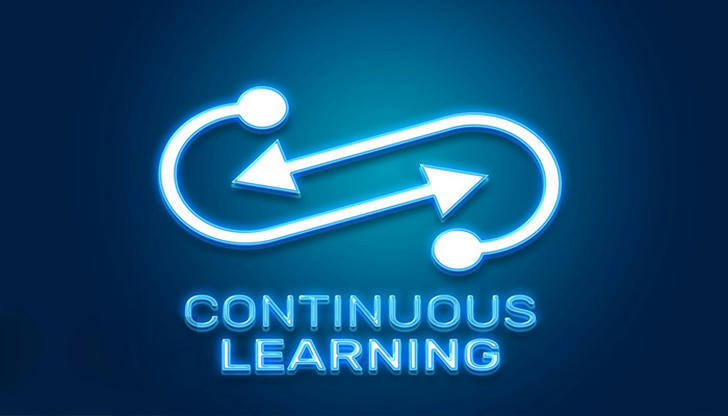How to Think Like a High Achiever

A productivity-focused mindset is the cornerstone of high achievers. In the daily grind of life, productivity serves as the driving force behind our actions and accomplishments. Feeling productive gives us a sense of fulfillment and boosts our self-esteem. Conversely, when productivity falters, it can impact various aspects of our lives beyond work.
Fortunately, unlocking a more productive mindset isn't rocket science. While productivity tips abound in the realm of self-improvement, navigating through them can be overwhelming. Here, we'll highlight key areas to assess and strategies to adopt for cultivating a more productive mindset and attaining success.

Goal setting
When a goal feels too ambitious, it becomes challenging to envision how your current actions will contribute to its achievement. The lack of immediate results can be discouraging and potentially derail your productivity.
Effective goal-setting involves managing your expectations. While you may feel invincible and capable of anything before bedtime, the reality may be different when morning comes. By tempering your expectations and adopting a more realistic outlook, you can cultivate a healthier and more sustainable approach to productivity.

Prioritization
Life's unpredictability can disrupt our plans and shift our priorities in unexpected ways, leading to a loss of productivity. To excel as a high achiever, it's essential to adapt to these fluctuations and maintain a consistent level of productivity. One effective strategy is the Eisenhower Matrix, a time-management tool that categorizes tasks into four quadrants:
Do first: These are the crucial tasks that demand immediate attention, such as emergencies or impending deadlines. They require your immediate focus and action.
Schedule: These tasks are important but not urgent, and they should be completed soon but not necessarily right away. Mastering the art of scheduling is key here. By managing your expectations and planning tasks for later, you can avoid overworking yourself and prevent burnout, ultimately enhancing long-term productivity.
Delegate: These tasks are urgent but less critical, and they can be assigned to others or automated through services like hiring freelancers or setting up email automation.
Don't do: These are tasks that are neither urgent nor important. They can be set aside or eliminated from your to-do list altogether, allowing you to focus on more meaningful and productive activities.
Whether you adopt the Eisenhower Matrix in its entirety or simply embrace the idea of prioritization, the choice is yours. However, it's crucial to recognize that it's impossible to accomplish everything in a single day. Learning to forgive yourself for unfinished tasks can be just as beneficial for productivity as any other tool or strategy.

Focus
Maintaining focus is crucial for turning your plans and goals into tangible results. In Cal Newport's book "Deep Work," he emphasizes the importance of deep work over shallow work. Deep work requires intense focus and concentration, often achieved by disconnecting from distractions and isolating oneself for short, concentrated periods of 1-3 hours. During these focused sessions, all attention is directed towards the task at hand, allowing for optimal productivity and meaningful progress.

Continuous learning
Continuous learning is like a well-stocked snack cupboard — it's always there to fuel your productivity. By immersing yourself in learning opportunities, you open the door to a steady stream of productive energy. There are different avenues for learning, each with its own benefits: Formal learning: This includes structured programs offered by institutions and organizations, such as university courses, employer training programs, and e-learning platforms. Social learning: Interacting and collaborating with others play a significant role in learning. Social media, blogs, and coaching sessions are common platforms for this type of learning.
Self-directed learning: This type of learning is driven by personal curiosity and growth. It involves activities like listening to podcasts and reading relevant blogs to expand knowledge and skills independently.
